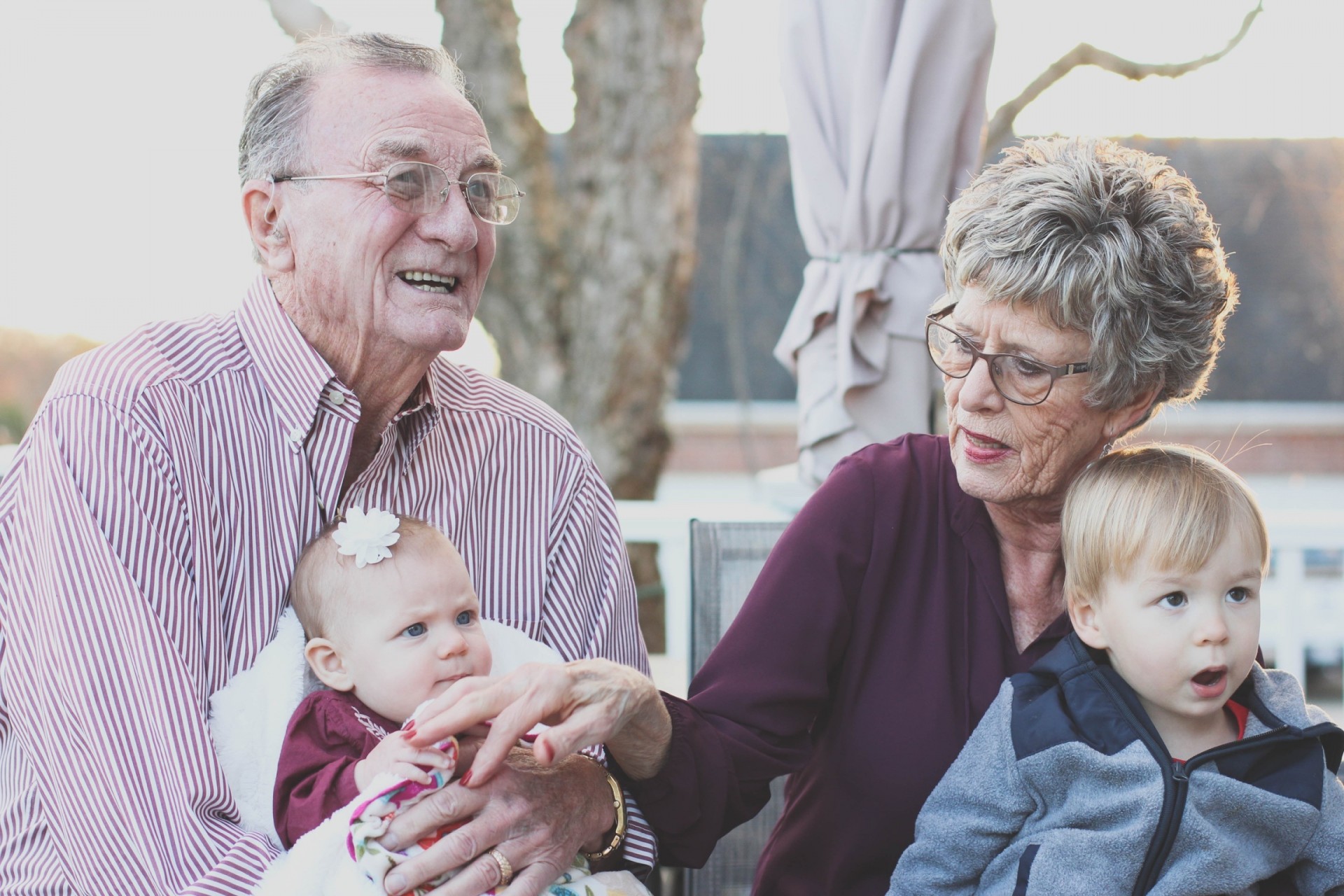Seniors Aging In Place Contribute To Housing Shortage

![]() According to researchers at Harvard University, roughly three-quarters of people age 80 and older still live in their own homes. Following that survey, AARP finds that baby boomers will follow the trend their elders are setting, estimating that 87 percent of adults over age 65 want to remain in their homes as they age. This survey was conducted across the country. People used to sell their homes every decade or so but now it’s about every 15 years.
According to researchers at Harvard University, roughly three-quarters of people age 80 and older still live in their own homes. Following that survey, AARP finds that baby boomers will follow the trend their elders are setting, estimating that 87 percent of adults over age 65 want to remain in their homes as they age. This survey was conducted across the country. People used to sell their homes every decade or so but now it’s about every 15 years. 
There could be many reasons for this trend but it does add to the housing shortage. Per Laura N. Gitlin, a Professor at the Johns Hopkins School of Nursing and Director of its Center for Innovation Care in Aging, seniors may feel “a dearth of affordable senior housing keeps people in their homes longer especially if their property won’t fetch a price that will give them much to support their move. The huge elephant in the room is what are the housing options? For many people the options are very poor because of personal finances and the housing stock available.”
Seniors must have a home to transfer into which includes certain handicap-accessible doorways, ramps, walk-in showers and tubs, or senior care facilities; however, most can’t afford the move-in ready upgrades on limited incomes. The majority of millennial buyers are offering lower prices for their older homes so the seniors would rather hold on to them.
This is exactly why if you think you might want to sell your home in your retirement years, it’s a much better idea to pay the mortgage earlier in life, while you can still enjoy yourself, travel, plus have the mental capacity to find suitable living accommodations for your elderly years. Suzie Orman states that “More than one in three homeowners 65 or older is still paying off a mortgage. That’s a steep increase since the turn of the century, when less than 25% of older homeowners had housing debt … This is so not okay … just as important is the emotional payoff.”
A survey by Retirement Move states 70 percent of 1,000 respondents considered the ideal age to downsize is 64. Half of over-60s struggle to maintain their current home, and a third find it hard to keep on top of their garden. Many have rooms they rarely use.
This doesn’t mean they all must move. Seniors simply should be thinking about the process of downsizing earlier. Start going through all the clutter we all accumulate and think of what is really needed and what you’d like to keep when you do want to move on to the next stage of your life. Think of where you might want to move when that time comes. Contrary to popular belief, most seniors don’t move to big cities. Most stay in their current town/suburb or at least their same state so-as to keep their social circles. Those that do leave, primarily do so to be near family. If they have no family they might move somewhere with no state taxes to save budget and/or prefer to relocate from the city to a quiet town. Most find a home with no stairs and less gardening burden.
Start early. If you think downsizing is in your future, even a couple of years down the line, it’s never too early to begin. Get into those closets and weed out what you don’t need. Give some things away. That leads to less arguing over belongings later. Relatives often will enjoy the things they’ve coveted for years and you may not want them so much anyway. Organize as much as possible, little by little. Put pictures in albums or on your computer. Save your important memories. Really, most of what we have isn’t that important or even utilized. Funny what a relief it will be when that chore is done. You’ll have less to dust and clean plus you’ll be ready whenever you do plan that move if and when you have a place to go. The housing shortage for seniors has too many people afraid to leave their old homes but if you prepare early, you’ll be ready and comfortable. Be glad you were wise enough to invest in a home so that it can take care of you in your retirement and have some fun!